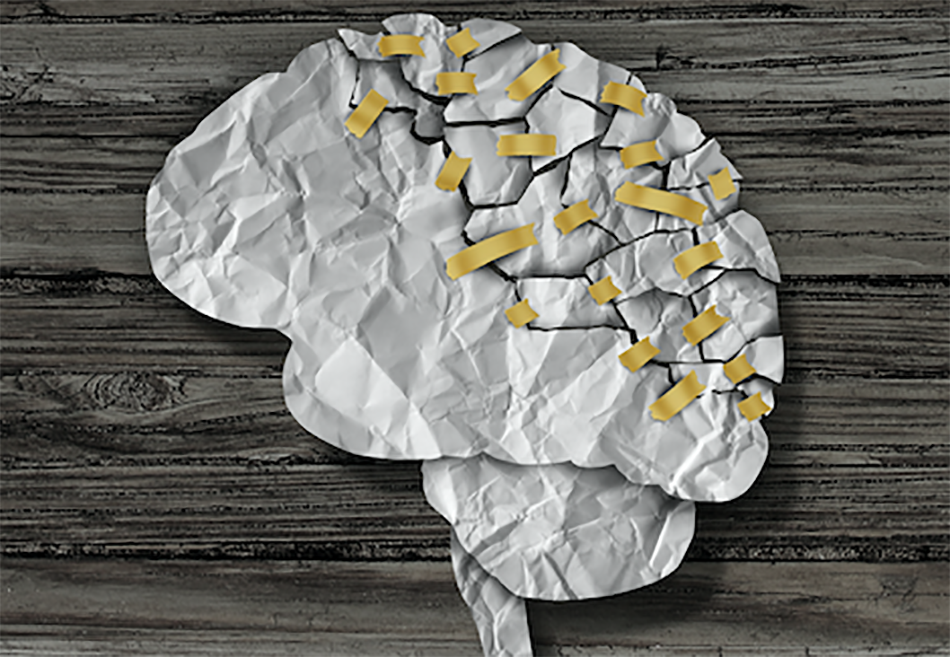Patients who have anxiety disorders feel worse than others when dealing with the usual apprehension and fear that comes with being in a stressful situation. Knowing the signs and symptoms of an anxiety disorder, as well as the triggers or stressors that lead to these attacks, can help in managing the condition.
Signs, Symptoms and Common Causes of Anxiety
Regardless of the type of anxiety disorder, the most common symptoms are essentially the same. Apart from the primary symptoms like fear, worry, agitation, discomfort, uneasiness or panic, a person with this condition may also experience a wide range of physical and emotional signs.
If you experience any of the following signs and other symptoms together with the primary symptoms, we recommend that you see a specialist for anxiety treatment in Palm Beach County to get the best treatment options:
- Shortness of breath
- Cold sweats
- Dry mouth
- Muscle tension or twitches
- Some shaking or trembling
- Dizziness and nausea
- Not being able to stay still
- Restlessness
- Fatigue or becoming easily tired
- Pounding heart or palpitations
- Chest pain
- Stomach upset
- Insomnia or sleep disorders
- Nervousness or jumpiness
- Trouble concentrating or focusing on tasks
- Irritability
- Anticipating the worst-case scenarios
- Withdrawing from people
- Preferring isolation
However, the intensity and frequency of the symptoms are not the same for every person. The triggers and causes may also be different. Factors like stress or emotional trauma, especially when not managed or processed well, could lead to anxiety disorders. A person’s mental health condition may also be triggered by a medical condition, medications, and the use of illicit drugs.
What to Do in an Anxiety Episode
Anxiety attacks may spring out of the blue due to a trigger (involuntary) or crop up as a response to a stressor (voluntary). When the anxiety episodes become more evident as the minutes pass, the first thing you must do is acknowledge your state and find a quiet place to sit down.
Then, start doing slow and deep breathing. According to Harvard Health, deep breathing is a great stress response as it can slow down your heartbeat, stabilize your blood pressure and relax your body and mind.
Focus on how you slowly inhale and exhale the air and be conscious of how the air fills your lungs. You’ll know you’re trying too hard if you feel too tense rather than relaxed. It might help to find a focus point when you do your breathing, such as an object in the room, or a word that you can utter as you breathe in and out.
There are several relaxation techniques you can do as well. If you’re not sure how to do it, ask your doctor for guidance. Practice deep breathing at least twice a day for 20 minutes, so that you can master your own technique to cope with the anxiety attacks.
Distracting yourself might also help if you’re feeling anxious. Some people try to organize their closet, play soothing music, go for a walk, or call a friend to talk just to keep their mind off the stuff that worries them. Experts at Michigan State University say that brain-training games on mobile gadgets may also help ease anxiety attacks.
Learn more about anxiety treatment in Palm Beach Gardens
Living with your anxiety disorder can be tough. With the help of your doctor, family and friends, and your own willpower, you have a great chance of coping with your symptoms.
At Allay Health and Wellness Anxiety Treatment Center in Palm Beach Gardens, we offer the opportunity for individuals to begin the journey to a better quality of life. Most of us are unable to articulate the reasons why we do the things that we do. We are forever perplexed as to why we cannot find happiness or achieve lasting peace of mind. At Allay, we are now able to help patients connect the dots as to what is happening in their turbulent subconscious.
If you would like more information about anxiety treatment in Palm Beach County, do not hesitate to contact us and schedule an appointment. You can also call us at (561) 421-6444.
The material contained on this site is for informational purposes only and DOES NOT CONSTITUTE THE PROVIDING OF MEDICAL ADVICE, and is not intended to be a substitute for independent professional medical judgment, advice, diagnosis, or treatment. Always seek the advice of your physician or other qualified healthcare providers with any questions or concerns you may have regarding your health.

